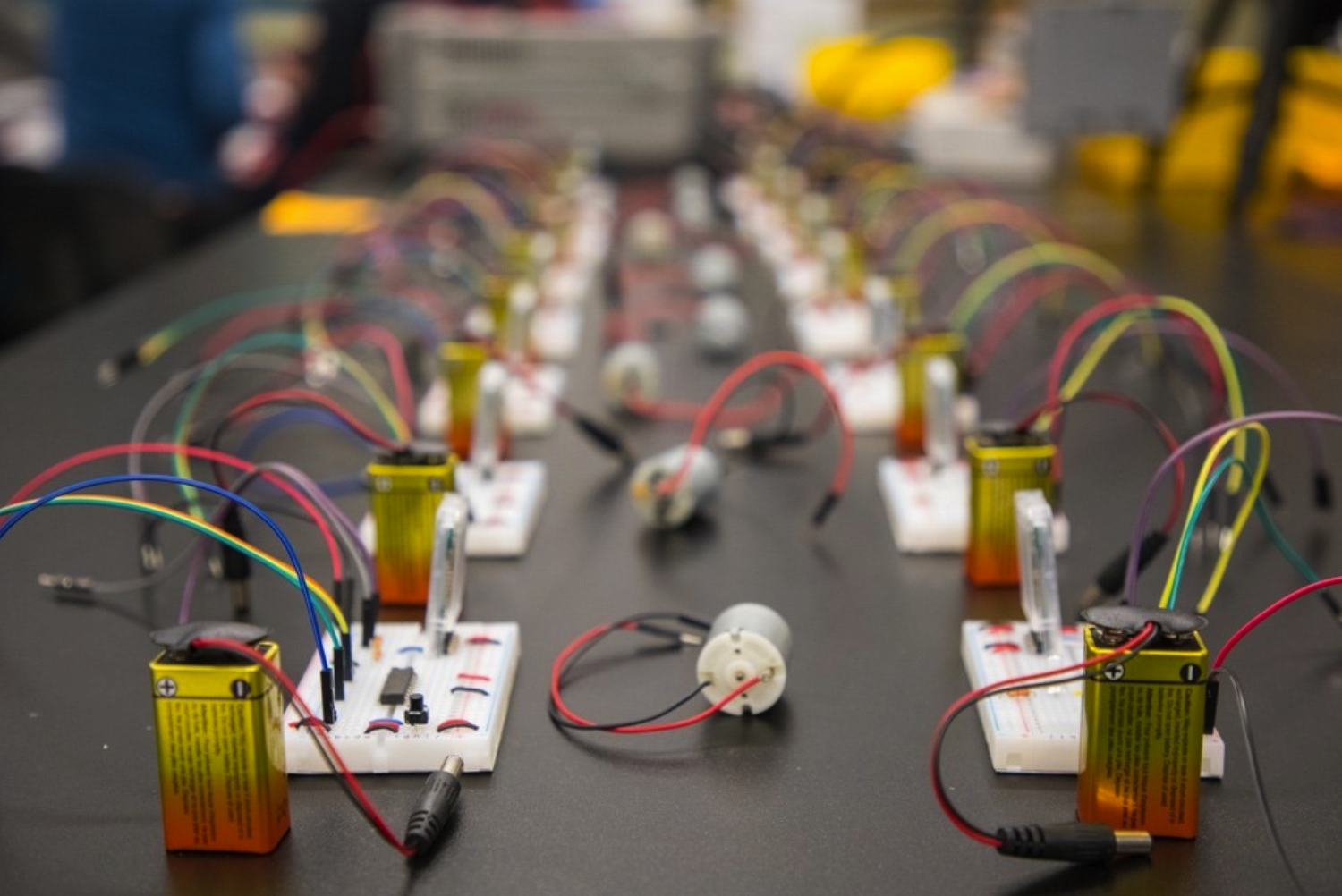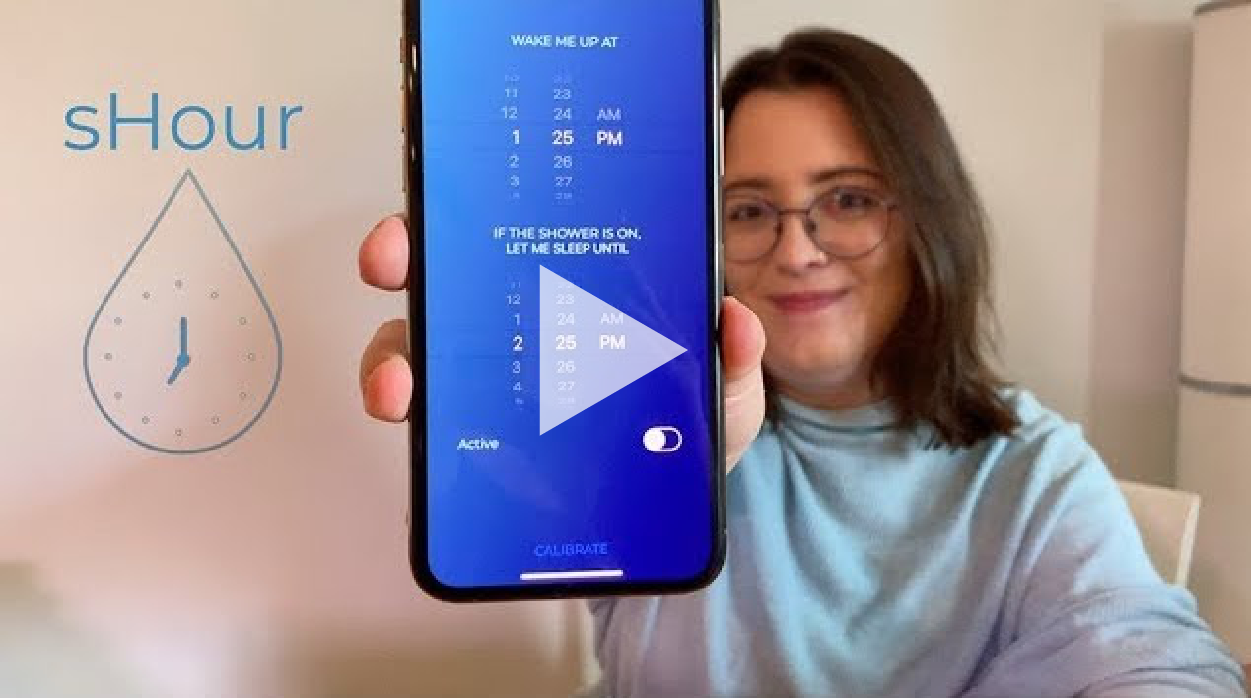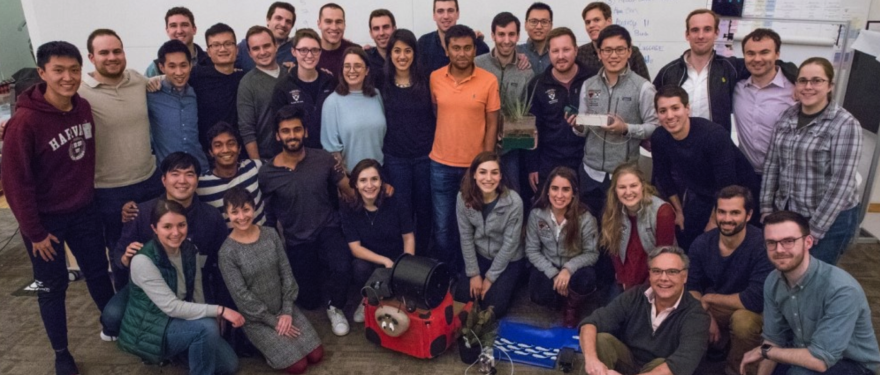I grew up in a small town in southern New Hampshire and graduated from Harvard in 2014 with an Engineering Sciences SB (Bachelor of Science). After spending 22 years on the east coast, I decided to try something new and moved to the Bay Area. I worked as a software engineer at Optimizely—a mid-sized A/B testing SaaS company—for one year, then Uber for three years.
I knew that I wanted to pursue an MBA to complement my undergraduate engineering degree. However, knowing that I wanted to return to tech, I was hesitant to leave my job and potentially let my technical skills atrophy. Then I discovered HBS’s MS/MBA: Engineering Sciences Program, a perfect way to get the business and leadership development experience I was looking for AND continue my technical learning. In particular, I was drawn to the program’s focus on entrepreneurship and innovation—areas I had come to love while working at high-growth companies.
The Technology Venture Immersion (TVI) course is co-taught by SEAS and HBS faculty and modeled after HBS’s Startup Bootcamp program, where students are asked to “learn by doing.” During the two-week intensive course, students practice prototyping physical goods and develop a business plan for a new venture. Here are my tips for making the experience a success:
7. Get ready to dust off those engineering skills
The first half of TVI is dedicated to hardware-focused product design. We kicked off with a whirlwind of ten electrical and mechanical labs in just 48 hours—ranging from designing a Bluetooth-enabled remote control for a motor to constructing a wooden beer case. For many of us, those first two days were an opportunity to dust off some old skills we hadn’t put to work since we left our previous jobs (and for former software engineers like me, the first time since undergrad). For everyone, it was an opportunity to pick up some new skills.

6. Be prepared for some intense days and late nights
Primed with our new or refreshed electrical and mechanical engineering skills, we were split into groups of three to four students and tasked with bringing an idea to life. Projects included a suitcase that can follow its owner through an airport, window blinds that know when to rise and lower, and an alarm clock that waits to go off until your roommate is out of the shower (my team tackled that last one!). Teams had just two days to create a “works-like” prototype that demonstrated the functionality that a final product might have. Getting a hardware prototype to work in two days takes some hustle!
5. … But those late nights will be with family
In her post last fall, Valentina reflected that “the MS/MBA: Engineering Sciences cohort became my family.” Those words still ring true for me five months later. For one of my team’s late nights, we retreated to my apartment to test whether our “alarm” could detect when a shower was running. But the evening was also an opportunity to have a brief reprieve from building and enjoy a home-cooked meal (huge thanks to my partner, who cooked the meal).

4. “Entrepreneurship is the pursuit of opportunity beyond resources controlled”
Okay, I cheated a bit here. This is definition of entrepreneurship, coined by Professor Howard Stevenson. I’m writing this post after learning the phrase in the first day of my RC course, “The Entrepreneurial Manager.” But I got a true understanding of the gravity of this statement during TVI. With just one week to develop a prototype, we didn’t have time to order new parts or fully investigate bugs and had to push through all the roadblocks. For example, my team originally used a microphone to listen for sounds in the shower running. However, after several hours of gain adjustments and Fourier transforms, we decided to pivot and use an infrared sensor instead.
3. You only have a short amount of time to capture the attention of an investor
The second half of TVI is devoted to business plan development (for a new idea, separate from the prototype we worked on in Part 1). In just five days, the course covers Business Model Design, Early-Stage Marketing, Seed Finance, Early Team Assembly, and provides an opportunity for teams to pitch to venture capitalists and seasoned entrepreneurs four times. That’s a lot of content to cover in a ten-minute pitch, so it’s important to be clear and concise.
2. Don’t be afraid to pivot
Based on feedback we received throughout the week, many teams decided to rework their venture concept or pivot entirely. Our team was originally trying to commercialize a technology we found in a lab at Harvard. However, we quickly learned that VCs weren’t willing to fund our upfront investments unless future cash flows were all but certain. We then decided to pivot back to our original shower alarm concept and turn that into a business.
1. Have fun
During TVI, I got to work with some of my best friends at HBS and build some exciting products. It was amazing to see what my peers could accomplish—from a device that makes tracking workouts more reliable to a Slackbot that keeps track of meeting effectiveness. Adding some humor along the way makes the experience that much more enjoyable.


